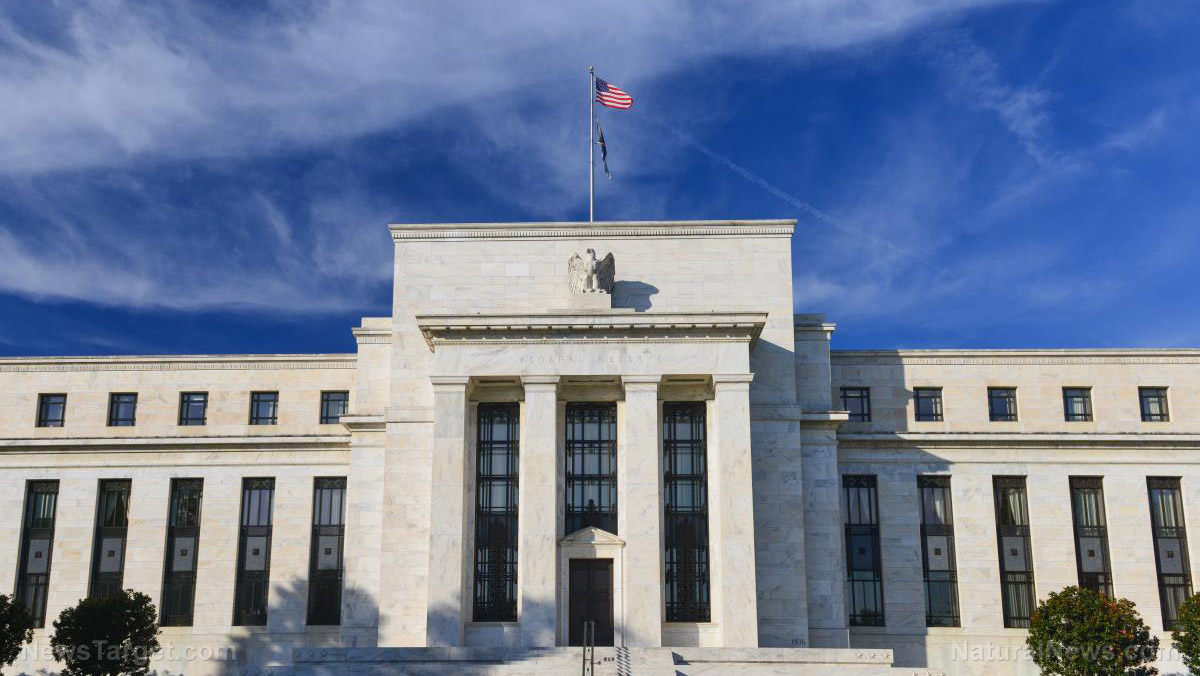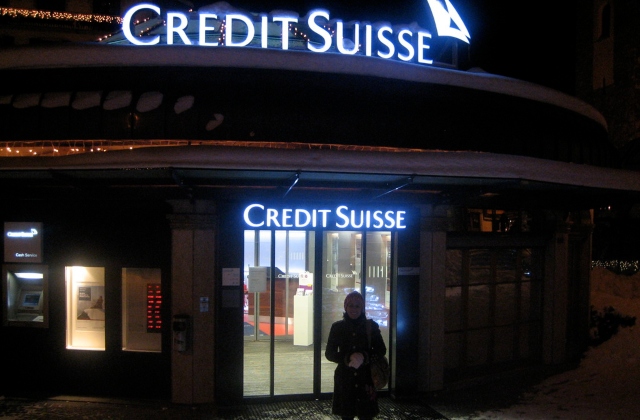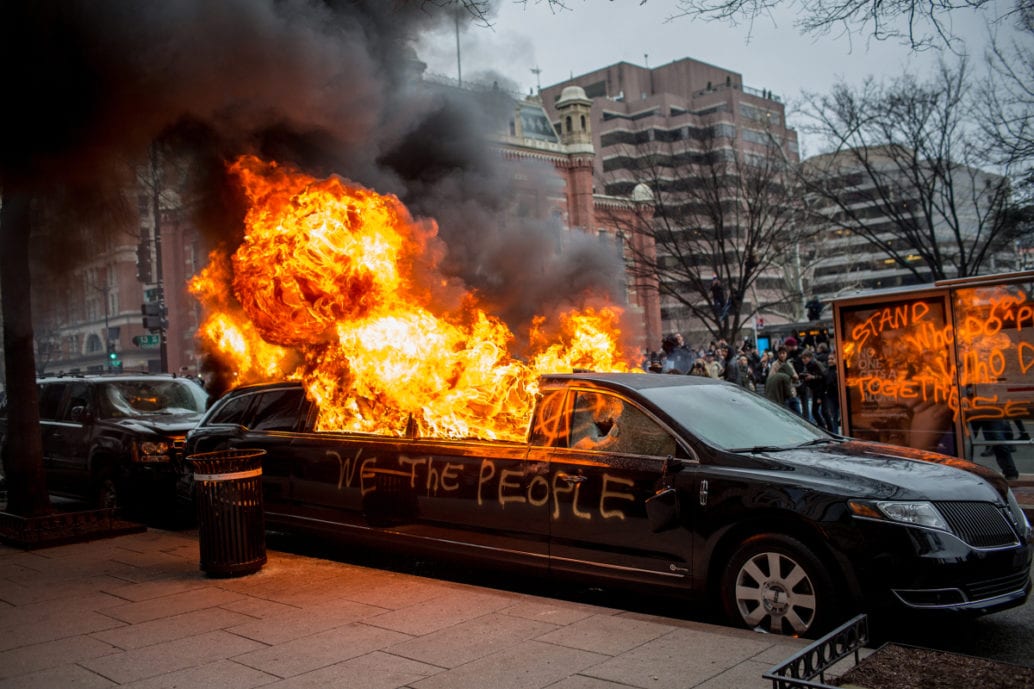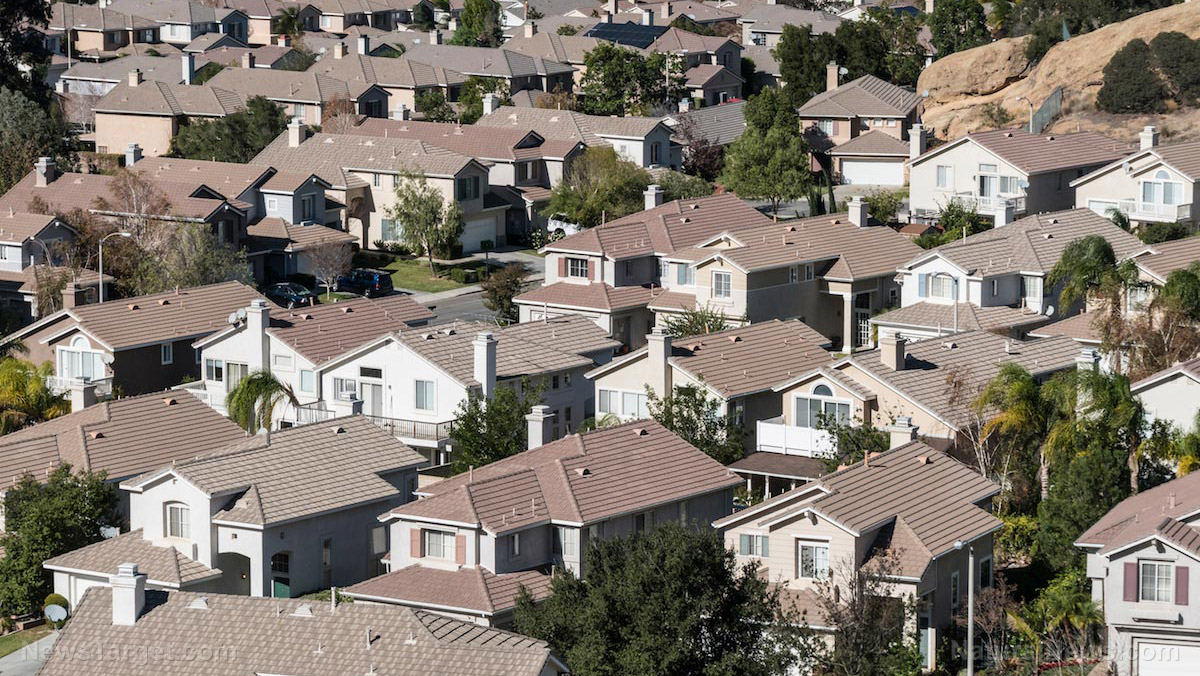Midsize American banks ask FDIC to insure ALL deposits (to stop bank runs against smaller banks)
03/24/2023 / By Cassie B.
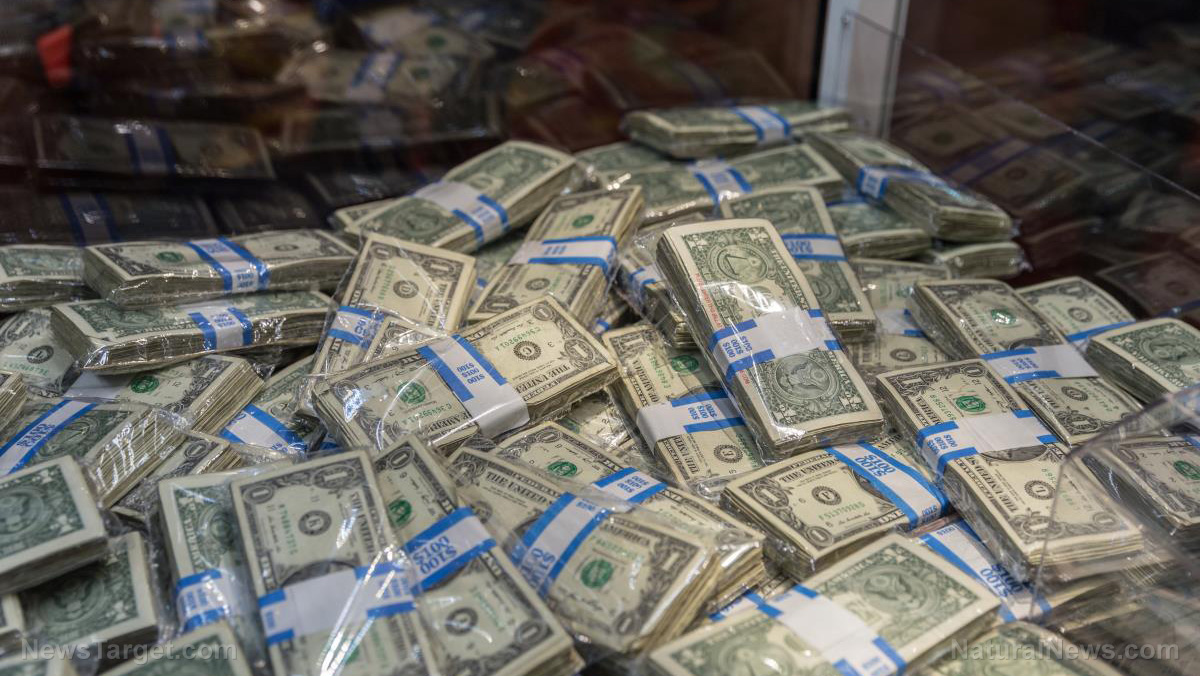
Midsize banks in the US have reportedly requested that the Federal Deposit Insurance Commission (FDIC) start insuring all bank deposits during the next two years in order to avoid further bank runs.
The move comes after a high-profile run on Silicon Valley Bank, which saw many large depositors move their money out of regional banks and into bigger national banks as they feared further collapses. Regional banks have been experiencing large outflows of uninsured deposits during the past few weeks.
The Silicon Valley Bank collapse was the second-biggest American bank failure on record and was followed a few days later by the third-biggest American bank failure when Signature Bank ended its operations.
Right now, the FDIC insures deposits of up to $250,000. However, some federal officials and lawmakers now believe that this figure is too low and should be revisited in light of what happened at Silicon Valley Bank, where a significant majority of depositors exceeded the cap.
The Mid-Size Bank Coalition of America sent a letter to federal regulators stating that ensuring all deposits would, in their opinion, “immediately halt the exodus of deposits from smaller banks.”
They added: “Notwithstanding the overall health and safety of the banking industry, confidence has been eroded in all but the largest banks. Confidence in our banking system as a whole must be immediately restored.”
The letter was also sent to Treasury Secretary Janet Yellen, the Federal Reserve, and the Comptroller of the Currency.
The midsize banks believe that temporarily suspending the FDIC deposit insurance limit is imperative for helping smaller banks ensure they can navigate the banking crisis. The idea was also endorsed in a Twitter post by Tesla CEO Elon Musk, who said that it was a necessary move for stopping bank runs.
The group suggested that the expanded insurance program could be covered by the banks themselves by raising the deposit insurance assessment on lenders who choose to take part in any increased coverage.
The Mid-Size Bank Coalition of America has more than 110 members and includes banks that have assets of as much as $100 billion.
Treasury Secretary said regulators are only interested in protecting deposits at bigger banks
Last week, Treasury Secretary Janet Yellen told lawmakers that regulators are only interested in protecting uninsured deposits held at banks big enough to affect the financial system. This led to considerable concern among smaller banks.
The CEO of Independent Community Bankers Of America, Rebeca Romero Rainey, called out Yellen’s stance, saying it represents “a bailout for big banks that rewards mismanagement and risky behavior to the detriment of community banks and the communities they serve.”
Following the collapse of Silicon Valley Bank, an emergency rescue served to insure all of the bank’s deposits regardless of their size. After the run by depositors at Silicon Valley Bank and Signature Bank, First Republic Bank received help in the form of $30 billion worth of deposits that were pooled together by a number of bigger lenders to help protect the banking industry as a whole.
While some believe that a sweeping deposit guarantee would stabilize the sector, others maintain that an overarching deposit guarantee might make banks feel more comfortable taking more risks with customers’ money, inadvertently encouraging or even rewarding irresponsible behavior by banks. This could potentially have the effect of spurring another banking collapse scenario like the Silicon Valley Bank one. It is a tradeoff officials will likely have in mind when deciding whether to scrap the limit or make other policy changes.
Sources for this article include:
Submit a correction >>
Tagged Under:
Banking Collapse, banks, biased, big government, bubble, conspiracy, debt collapse, deception, dollar demise, FDIC, Federal Reserve, finance riot, market crash, money supply, risk, Silicon Valley Bank
This article may contain statements that reflect the opinion of the author
RECENT NEWS & ARTICLES
COPYRIGHT © 2022 EconomicRiot.com
All content posted on this site is protected under Free Speech. EconomicRiot.com is not responsible for content written by contributing authors. The information on this site is provided for educational and entertainment purposes only. It is not intended as a substitute for professional advice of any kind. EconomicRiot.com assumes no responsibility for the use or misuse of this material. All trademarks, registered trademarks and service marks mentioned on this site are the property of their respective owners.


